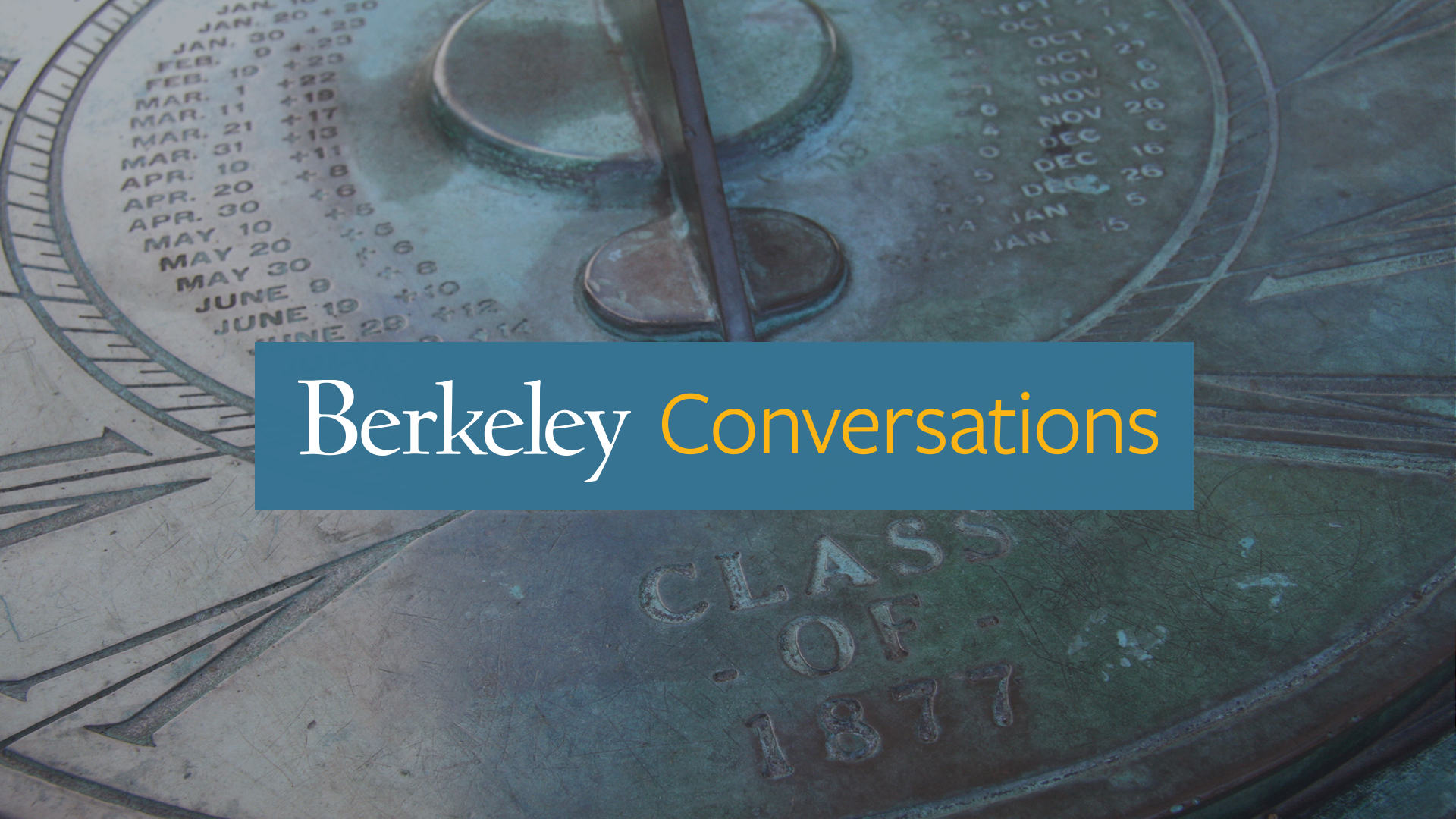
Would you like your reparations in cash or credit?
This was one of the central questions that drove a UC Berkeley online discussion, “Berkeley Conversations: The future of freedom: Reparations after 400 years,” on Wednesday among a panel of experts who made a social, moral and economic case to compensate Black people in the United States for the enslavement of Africans and the enduring legacy of Jim Crow.
This event originally was scheduled for April 2020 as part of Berkeley’s 400 Years of Resistance to Slavery and Injustice series, but it was postponed because of the COVID-19 crisis.
The three-person panel used lessons from history and pointed to social conditions and economic realities facing Black people today to not only argue that slavery merits reparations, but to provide different frameworks, based on logic and feasibility, for implementing various forms of reparations.
Michael Ralph, an associate professor in the School of Arts and Science at New York University, argued for an “actuarial” approach to reparations that takes into account the compounded suffering of Black communities over time as a result of slavery.
The amount of money owed to African Americans would be very high and difficult to tabulate, he said, so rather than offering reparations as a cash payout, one option could be to offer injured communities access to free social services, like health care and education.
“African Americans could draw down on the credit they have in the U.S. government,” Ralph said.
“When we think about what reparations would mean, to transform the very nature of governance,” he said, “what it would actually mean is that the U.S. government would make social institutions available to certain formerly oppressed people to which it owes a tremendous debt.”
Jovan Scott Lewis, an assistant professor of geography and African American studies at UC Berkeley, disagreed.
“This idea that we need to tie to reparations some social program that is meant to kind of repair people, then what we have is something that is no different than Reconstruction … or previous administrative attempts to fix the problem, which, in the process, you’re causing more problems,” he said.
“To me, it’s about money, and the liberty to do with that money what you will,” he added.
Lewis just published the book, Scammer’s Yard: The Crime of Black Repair, about Jamaican call center scammers who rip off mostly elderly white Americans and justify their theft as a form of reparations. He said that, while he doesn’t think of scamming as a legitimate form of reparations, the scammers do use a logic that provides an understanding of reparations by contemporary advocates as something that must be taken, not given.
The discussion, sponsored by the campus’s Othering & Belonging Institute and the Goldman School of Public Policy, comes as support for the study of reparations gains steam at the national and state levels in the aftermath of the popular protest movement for racial justice that erupted following the killing of George Floyd.
But as Katherine Franke, a professor of law at Columbia University and author of Repair: Redeeming the Promise of Slavery’s Abolition pointed out, the idea of reparations is not new.
In her remarks, she presented the story of the people of the Sea Islands, a string of islands along the coasts of South Carolina, Georgia and Florida, who, after emancipation in the 1860s, received from the U.S. government titles to thousands of acres of land where they had been enslaved.
“These were the first acts — not just of freedom, but of personhood — that these people were undertaking,” Franke said, in reference to the signing of the legal documents that entitled them to the land.
But after Abraham Lincoln was assassinated, his successor, Andrew Johsnon, took over the presidency and returned all land that was given to emancipated people to the former Confederate slave owners in exchange for their loyalty to the union. The Homestead Act also gave free land to white people, and no land to formerly enslaved people.
“This, of course, explained a lot about the racial wealth gap in this country,” she said. “That’s part of why I think the allocation of land is so important for the reparations project.”
"case" - Google News
November 20, 2020 at 05:10AM
https://ift.tt/35MRrlq
The case for reparations | Berkeley News - UC Berkeley
"case" - Google News
https://ift.tt/37dicO5
Shoes Man Tutorial
Pos News Update
Meme Update
Korean Entertainment News
Japan News Update
Bagikan Berita Ini














0 Response to "The case for reparations | Berkeley News - UC Berkeley"
Post a Comment